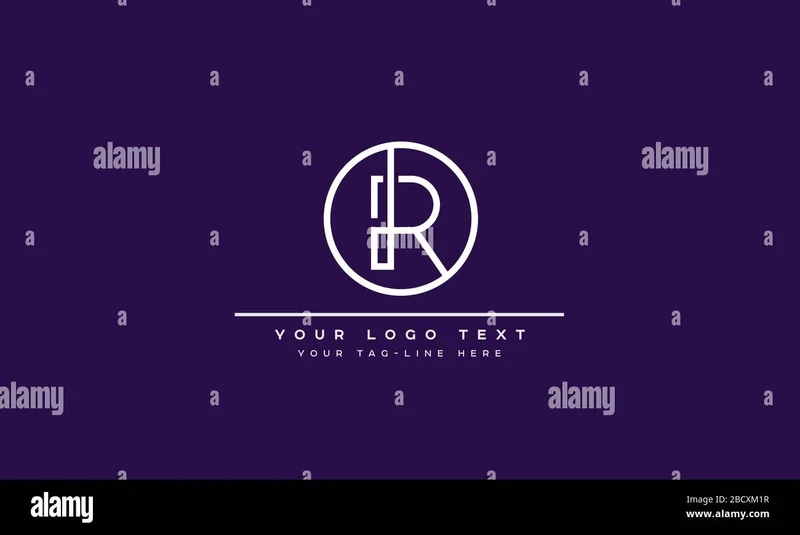The Robot Revolution Will Be... Diluted? A Hard Look at Richtech Robotics
Alright, let's talk about Richtech Robotics, ticker symbol RR. The internet is buzzing, the Reddit threads are multiplying, and everyone’s looking for the next NVDA or TSLA. Some analysts are even calling it the Bull Of The Day: Richtech Robotics (RR). They see a plucky little robotics company out of Vegas and think they’ve found the golden ticket. A robot that makes cocktails! A robot that cleans floors! It’s the Jetsons, come to life on the NASDAQ.
And I get it. The story is fantastic. You’ve got ADAM, the AI barista, ready to make your latte for a cool $25,000 starting price. You’ve got Matradee, the robot host, ready to seat you at your favorite chain restaurant. It’s a vision of the future that’s easy to sell.
But then you look at the numbers. No, you actually look at the numbers, past the glossy press releases. And the story changes. The price-to-sales ratio is 177x. Read that again. One-hundred and seventy-seven times its revenue. For a company projected to make a grand total of $5 million this year. That’s not a valuation; that’s a typo. It’s the kind of number you see right before a stock becomes a crater. The analysts, bless their hearts, say things like, "with incredible growth this number should come down dramatically." That’s Wall Street-speak for "please, for the love of God, don't look directly at the sun."
This whole thing feels less like a sound investment and more like a high-stakes poker game where the dealer is showing you a great hand, but you can’t see the cards he’s holding back. Are we really supposed to believe that a handful of pilot programs and a $4 million deal in China justifies a market cap that’s completely detached from reality?
A Billion-Dollar Anchor
Let's dig into the real meat of the problem here. The part that should be setting off alarm bells for anyone with more than a week's experience in the market. The company filed for a one-billion-dollar At-The-Market stock offering.
A billion. With a B.

This is a company, I have to repeat, with projected revenues of $5 million. This isn't just diluting the stock; it’s like hooking up a firehose to a kiddie pool. They’re creating shares out of thin air to fund... what, exactly? The details are, offcourse, fuzzy. The move has put a lead weight on the RR stock price, holding it down while the hype train tries to leave the station. It’s a classic penny stock maneuver. No, that’s not fair—it’s a penny stock maneuver on steroids. It’s so brazen it’s almost admirable.
And the earnings history? One miss, one meet. They’re not exactly knocking it out of the park. They’re just... surviving. Analysts expect them to keep losing money through 2025 and into 2026. So you’re buying a company that doesn’t make money, has a valuation that makes zero sense, and is actively printing new shares that make your own slice of the pie smaller and smaller. It’s insanity.
It reminds me of the dot-com bubble, when any company with a ".com" in its name was suddenly worth a fortune, even if its entire business plan was selling pet food online at a loss. We all know how that ended. Are we really this desperate for the "next big thing" that we'll ignore every single red flag waving in our faces? Maybe we are. Then again, maybe I'm just the old man yelling at a cloud.
Pilot Programs and Press Releases
Now, the bulls will point to the recent news. "But Nate," they'll say, "they just finished a pilot program with top auto dealers! They signed a Master Service Agreement!" And yes, they did. They also signed a $4 million deal with a company in Beijing. That’s great. It’s something.
But a pilot program isn’t a fleet-wide rollout. A Master Service Agreement is basically just an agreement to potentially do more business later. It’s a corporate handshake, not a signed check for a thousand Titan delivery robots. These announcements are fuel for the hype machine, designed to get retail investors excited enough to buy the shares the company is dumping into the market. It ain't a long-term strategy for building a sustainable business.
The entire narrative around Richtech Robotics is built on this shaky foundation of future promise. It’s a bet that one day, their robots will be in every hotel, casino, and hospital. And maybe they will be. But right now, you’re not buying a business. You’re buying a story. You’re buying a lottery ticket that says "robotics" on it, hoping it hits the jackpot before the company runs out of cash or dilutes the stock into oblivion. And honestly, for that price... you might as well just go to Vegas and put it all on red.
A Fever Dream Priced for Perfection
Look, I’m not saying robotics isn’t the future. It is. But Richtech Robotics feels like a mirage in the desert. The numbers are horrifying, the valuation is a joke, and the billion-dollar offering is a slap in the face to every shareholder. It’s a perfect storm of penny stock hype and speculative mania. You’re betting on a story, not a balance sheet. And in my experience, stories don’t pay the bills. This isn't an investment; it's a gamble, plain and simple.
